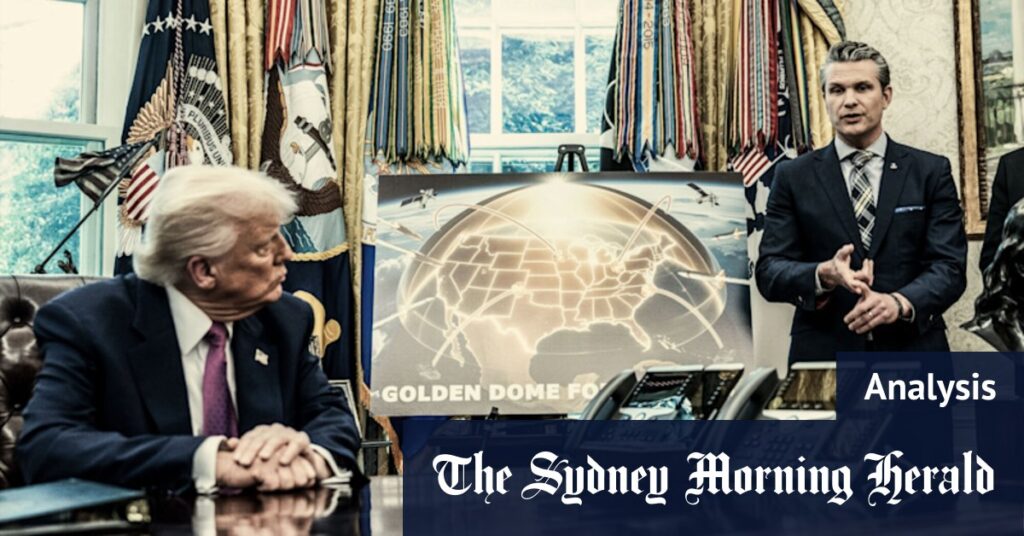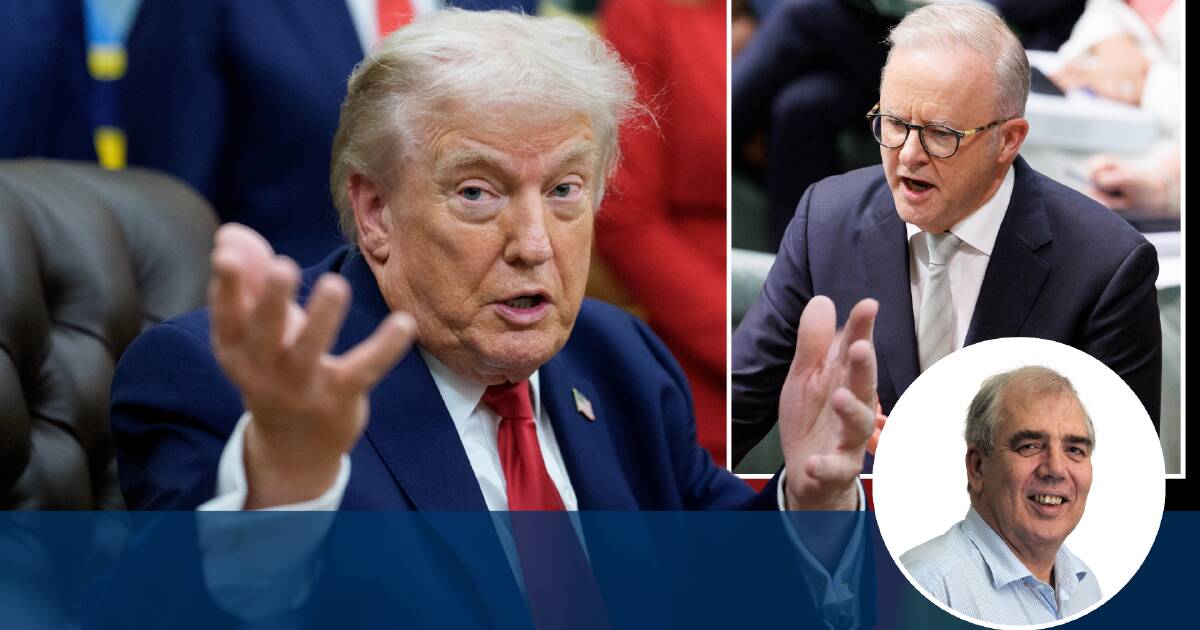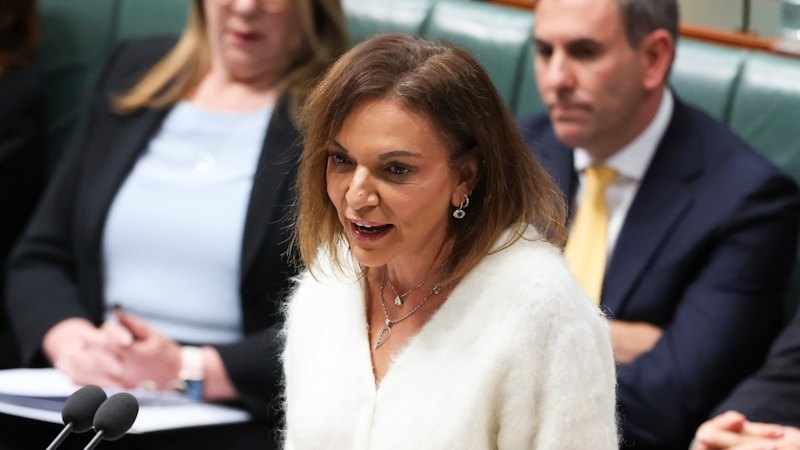
The Stockholm International Peace Research Institute (SIPRI) has reported that global military expenditure reached a record $2.7 trillion in 2024, marking a 9.4% increase from the previous year. This surge represents the steepest annual rise since the end of the Cold War. Stephen Innes of SPI Asset Management noted, “If 5% [of GDP] becomes baseline, defence stocks stop being cyclical – they become structural. And that changes everything.”
SIPRI’s findings raise concerns about the “guns or butter” dilemma, highlighting the potential cost to social programs as governments prioritize military spending. Xiao Liang, a SIPRI researcher, warned, “As governments increasingly prioritize military security, often at the expense of other budget areas, the economic and social trade-offs could have significant effects on societies for years to come.”
Defence Stocks on the Rise
The primary beneficiaries of increased military expenditure are traditional US defence giants. Companies like Northrop Grumman, known for producing B-2 stealth bombers and intercontinental ballistic missiles, are trading near multi-year highs. Similarly, RTX, the manufacturer of Javelin and Stinger missiles used in the Ukraine war, has seen its stock prices reach record levels.
The evolving nature of warfare, with advancements in technology such as AI and computer-guided drones, has introduced new players into the defence market. Palantir, a US tech group, has seen its shares soar by over 400% in a year, solidifying its role in the US military-industrial complex.
In Europe, the landscape is also shifting. Germany’s government announced plans to establish a €500 billion fund for defence and security, marking a significant policy shift. This has positively impacted European stocks, with companies like Italy’s Leonardo, Germany’s Hensoldt, and the UK’s Babcock International seeing their share prices more than double over the past year.
Global Impact and Ethical Considerations
South Korea’s Hanwha Aerospace has emerged as another European beneficiary, with its share price soaring 200% over the same period. Australia’s Austal, a shipbuilder, has also benefited, with its shares tripling since last September due to contracts with the US Navy. The company recently announced a $61 million European military order for handheld detection and counter-drone systems, a deal that exceeds its total revenue for 2024.
Defence-focused exchange-traded funds (ETFs) listed on the Australian Securities Exchange (ASX) have also performed well. VanEck, Betashares, and Global X’s defence ETFs have all increased by 50% this year. Jamie Hannah from VanEck commented, “Global defence has been one of the few equity segments that have outperformed the market this year.”
However, the surge in defence stocks has posed challenges for ethical funds and investment mandates that traditionally avoid military assets. Investors are reconsidering their positions, with some aligning with Citi’s 2022 conclusion: “Defence is likely to be increasingly seen as a necessity that facilitates ESG as an enterprise as well as maintaining peace, stability and other social goods.”
The Role of Gold in Economic Uncertainty
Meanwhile, the ultimate defensive asset, gold, has sparked debate over whether it has peaked after reaching a record high of $3,500 an ounce in April. A recent European Central Bank report confirmed that gold’s soaring price, coupled with central bank purchases, has made it the second-largest reserve holding after the US dollar.
Citi highlighted the extraordinary rush to gold, noting that 0.5% of global GDP is being spent on the precious metal, the most in 50 years. Central banks are not the only buyers; VanEck reported that Australia’s latest export figures included $11 billion in “non-monetary” gold exports to the US, indicating a surge in demand from private investors.
Cameron McCormack from VanEck observed, “This volume of gold exports for the quarter is more than the total non-monetary gold we have shipped to the USA in the last four years, and we think this could reflect a massive increase in demand from investors due to a loss of faith in [the US dollar] and US Treasuries.”
Looking Ahead
The global increase in military spending and the resulting economic shifts suggest a complex future for defence and gold investments. As geopolitical tensions continue to influence government budgets, the balance between military and social spending will remain a critical issue. Investors and policymakers alike will need to navigate these changes carefully, considering both ethical implications and economic opportunities.







